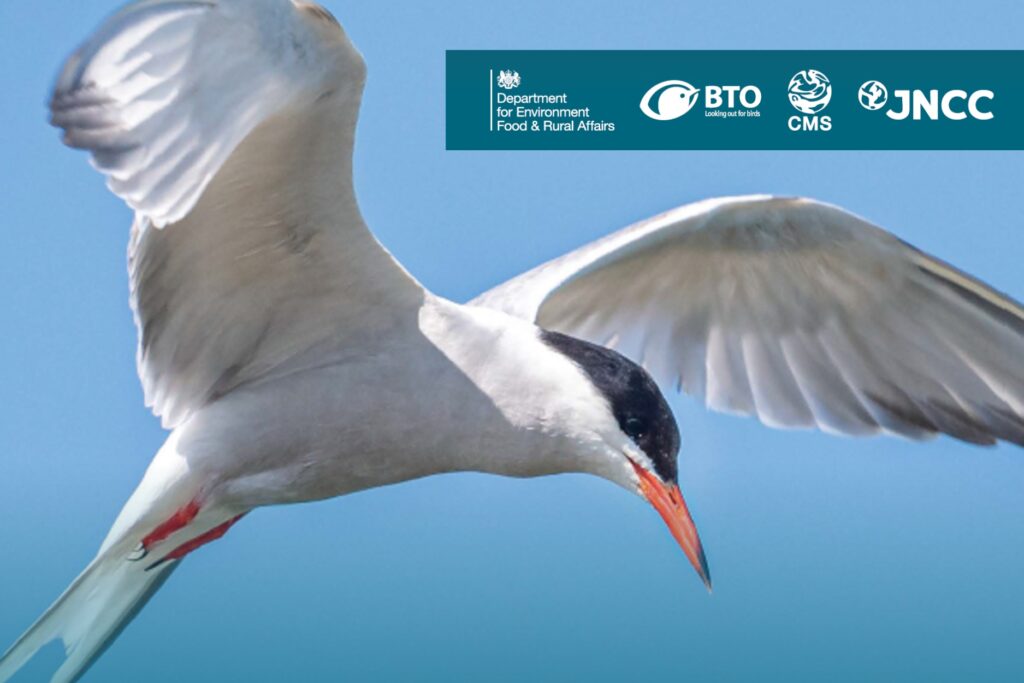Climate change & migratory species Report: CMS
The Climate change and migratory species Report: a review of impacts, conservation actions, indicators and ecosystem services summarizes recent scientific evidence that climate change is affecting migratory species. The report was released at the UN Climate Change Conference in Dubai (UNFCCC COP28).
- Poleward range shifts
- Changes in migration timing
- Reduced breeding success and survival
Key messages of The Climate change and migratory species Report
- Migratory species provide essential ecosystem services to society
Migratory species are integral to the ecosystems they live in. They support vital ecosystem services that both mitigate the impacts of climate change and increase resilience to climatic hazards.
- Climate change is already having catastrophic impacts on many migratory species and their ability to provide ecosystem services
Migratory species face a variety of threats from climate change, including loss of suitable habitat, increased frequency of extreme weather events and wide-scale changes in ecosystem functioning.
- Interventions to address the impacts of climate change on vulnerable migratory species are needed now
There is an urgent need to identify migratory species that are vulnerable to climate change, and to act now to help vulnerable migratory species adapt to a changing climate. Comprehensive and well-connected protected area networks, that conserve and restore ecosystems, will support species in moving to new locations in response to climate change.
- International co-operation to recover migratory species provides nature-based solutions to climate change
Nature knows no borders. The recovery of migratory species is dependent on collective action across migratory routes. Countries working together to protect and restore shared ecosystems can enable the recovery of migratory species, while gaining benefits from naturebased solutions for climate change mitigation and adaptation.
Key findings of The Climate change and migratory species Report
- Ecosystem services: Migratory species provide essential ecosystem services to society. For example,
♦ Antelopes can reduce the risk of wildfires through their grazing patterns.
♦ Migratory species also help in pollination, seed dispersal, nutrient cycling, and pest and disease control in an ecosystem. - Climate change threats to migratory species: Threats includes loss of suitable habitat, wide- scale changes in ecosystem functioning, etc.
♦ Major visible direct effects include poleward range shifts, changes in the timing of migration, and reduced breeding success and survival.
Recommendation of The Climate change and migratory species Report :
- Include conservation needs of migratory species in nature-based climate change mitigation/adaptation strategies.
- Establish effective networks of protected areas for migratory species, including a coherent and interconnected network of passage and safe stopover sites.
- Foster international cooperation in the conservation of migratory species to help the conservation and restoration of shared resources.
- Making use of new technologies for conservation, such as those that can track species movements in real-time or model future scenarios.

